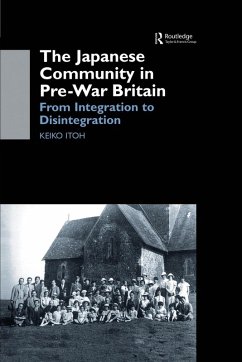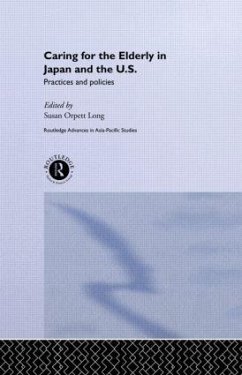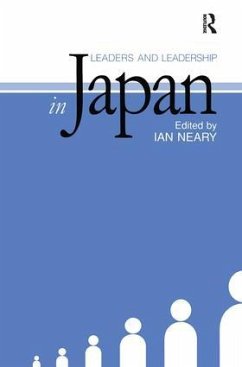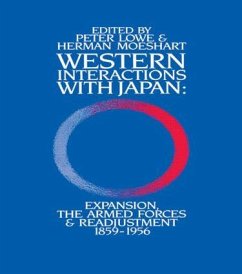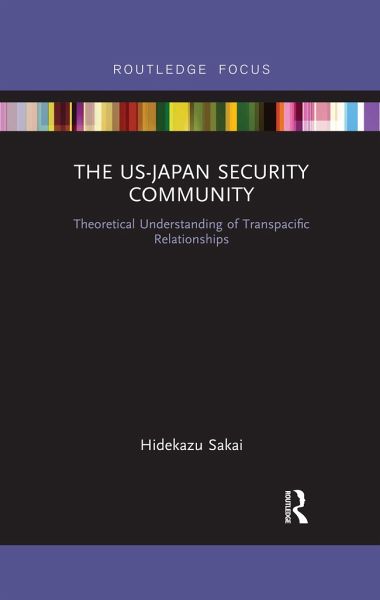
The US-Japan Security Community
Theoretical Understanding of Transpacific Relationships
Versandkostenfrei!
Versandfertig in 1-2 Wochen
29,99 €
inkl. MwSt.
Weitere Ausgaben:

PAYBACK Punkte
15 °P sammeln!
Drawing on the work of Karl W. Deutsch, this book argues that the United States and Japan have formed their own security community, based on a sense of "collective identity." In so doing, it provides a new theoretical outlook on co- operation between the United States and Japan, offering a fresh understanding of their bilateral relationship as one that goes beyond a mere military alliance or free trade partnership. Taking an empirical approach, Sakai analyzes three key case studies: the Persian Gulf War of 1990-1, the terrorist attacks of September 11, 2001, and the Tohoku Earthquake and Tsuna...
Drawing on the work of Karl W. Deutsch, this book argues that the United States and Japan have formed their own security community, based on a sense of "collective identity." In so doing, it provides a new theoretical outlook on co- operation between the United States and Japan, offering a fresh understanding of their bilateral relationship as one that goes beyond a mere military alliance or free trade partnership. Taking an empirical approach, Sakai analyzes three key case studies: the Persian Gulf War of 1990-1, the terrorist attacks of September 11, 2001, and the Tohoku Earthquake and Tsunami of 2011. He examines how the United States and Japan interacted with one another in their discourses and behaviors in these three instances and thus demonstrates the existence of a collective identity between the two nations.






